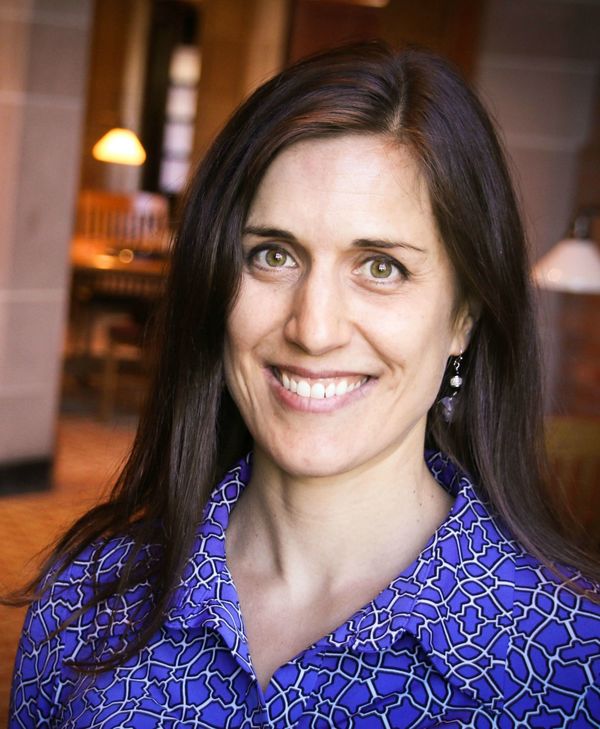Marah Stith McLeod Joins NDLS Faculty

Marah Stith McLeod has joined the Notre Dame Law School faculty as an associate professor. Her research explores legal and ethical problems in criminal law and criminal procedure. Her work seeks to promote better-informed and reasoned decisions as well as the appropriate and effective distribution of power among decision makers in the criminal justice system.
McLeod’s scholarship is motivated by a sense of commitment to the vulnerable and to the rule of law. The first commitment leads her to focus on decisions in criminal law and procedure that may harm the weak or victimized, particularly defendants, prisoners, and communities affected by crime. The second leads her to focus on how criminal justice decisions can be made more transparent and attuned to public conceptions of morality and fairness. In recent work she has challenged the power of prison administrators to create death row as an additional punishment for death-sentenced prisoners and she is currently researching the lack of transparency in the plea bargaining process.
McLeod has served in two federal clerkships — including with U.S. Supreme Court Associate Justice Clarence Thomas — as well several years in government and corporate law. Recently, she said she felt a call to education and applied for a fellowship at Columbia Law School.
“I wanted to spend my days in personal interaction with colleagues and students who share my appreciation for the power and responsibility of the law,” McLeod said. “I am eager to help students learn to understand and channel the law and their talents and training to build a better and more just society.”
McLeod said she was drawn to Notre Dame Law School because of the influential work and character of the faculty — some of whom she has worked with in the past — and Notre Dame’s distinctive mission.
“Notre Dame treasures and delights in its Catholic identity and mission and that is beautifully reflected in the students and faculty,” McLeod said. “I can’t imagine a better place to grow as a teacher and scholar and to help others do the same.”
Coming to Notre Dame also brings McLeod back to her Indiana roots. Her family is from Valparaiso and she is grateful to be able to move with her son and husband to be again close to her parents, “who gave me everything and instilled in me the importance of family.”
That family includes many legal professionals and McLeod knew from an early age that she wanted to attend law school. After graduating with a degree in government from Harvard University, McLeod took a year off before law school to volunteer with Mother Teresa’s Missionaries of Charity at the Daya Dan Orphanage in Kolkata, India. The experience had a profound impact on her.
“The children in Kolkata taught me how the simplest acts of love can bring joy and hope to another human being,” McLeod said. “They reminded me that we are called not so much to change the world, but to uplift daily the lives of others in concrete and personal ways.
“Those children in India humbled me because they cared only about love and were so joyful when given love – they paid no mind to luxuries and had no vanity. Those children taught me to keep my personal goals in perspective and to appreciate the many ways I can and ought to direct my life and work to bring joy to others.”
After graduating from Yale Law School, McLeod clerked for Judge Diarmuid F. O’Scannlain of the United States Court of Appeals for the Ninth Circuit before clerking for Justice Thomas. At the Supreme Court she assisted Justice Thomas with research and opinions, primarily on criminal cases.
Between her clerkships McLeod worked in the Office of the Legal Counsel at the U.S. Department of Justice, where she provided legal advice on constitutional questions and statutory challenges, especially in criminal matters. After her clerkship with Justice Thomas, she became a senior litigator at Sidley Austin LLP, managing civil litigation and serving as pro bono counsel in several death penalty cases.
McLeod plans to remain involved in criminal cases and statutory reforms as a law professor, and hopes to kindle in her students an eagerness to pursue their own ways of serving others and promoting a more just society.